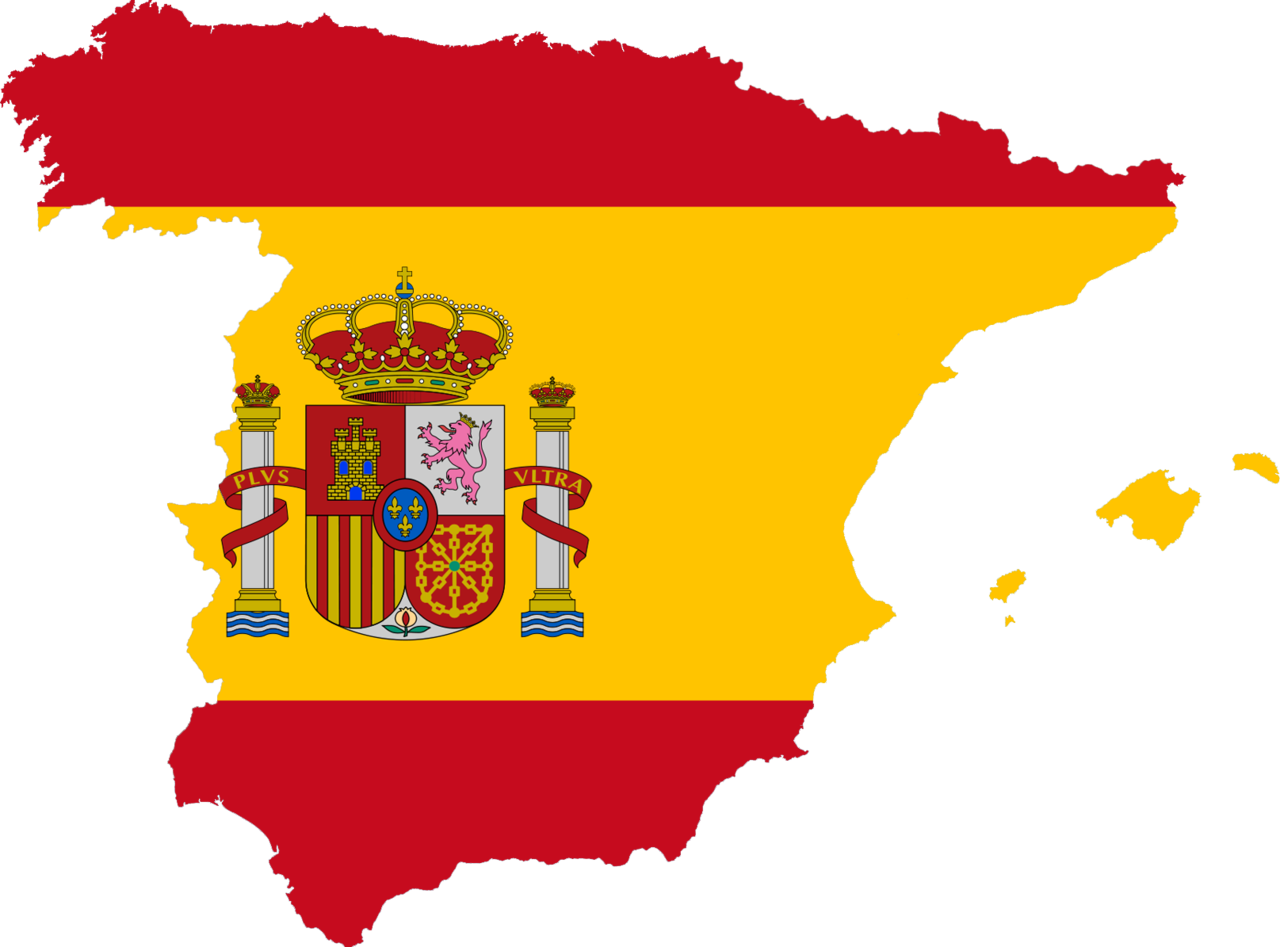.
PROFILES OF INSTRUCTORS
Educational legislation requires that instructors of adult training aim at obtaining official
certificates (basic training), and have the same work and pay conditions as instructors in
general education, secondary education and primary education instructors. This is stated in
Article 99 of the Education Act 2/ 2006 (LOE):
“The teachers for adult education of people aiming at obtaining an academic or professional
certificate must have the degree established to teach the corresponding educational level.”
In the different regulations elaborated in Autonomous Communities, this condition is
reinforced, requiring that for other kinds of training (not aiming at obtaining official certificates),
instructors adequately prove their technical and pedagogical skills for the job through
appropriate documentation.
The requirements are the same for training supported through the Labour Administration, even
though the INEM (Instituto Nacional de Empleo, National Institute of Employment) fosters a
Certificate of Professionalism (Certificado de Profesionalidad) for adult instructors. Thus far the
Certificate has not been compulsory (as it was in an experimental phase), but it is forseen that
the Certificate will be used to accredit professional skills upon completion of a training period.
The Administration is in charge of facilitating the necessary specialised training for the
instructors in adult education.
With respect to the professional status of instructors, in the Preamble of the LOCE it was
emphasised that:
“
… to succeed in the future of the education in our countries [we] must aim to attract
good students to the teaching profession and to keep the best professionals in the
educational field. In this sense, the Law aims to raise the social standing regarding the
teaching staff; it also reinforces the system of initial training, in accordance with the
twofold scientific-educational aspect of the teaching task and of the training that the
latter demands; it better orients on-going training and it structures a professional career
in which assessment, training and progression may be included in an integrated way.”
Despite the intentions of the LOCE, also expressed in the present LOE,
there are still some
deficiencies especially with regard to the level of teachers’ skills as a measure to ensure the
quality of the training offered.
The data on the teachers working in adult training under the jurisdiction of the Educational and
Labour Administrations for the 2003-2004 academic year are as follows:
22
Table 12: TRAINING CENTERS AND TEACHERS
Training centres for adult basic skill
learners
2 676*
Teachers for adult basic
skill learners
11 197
Men 4 101
Women 7 096
Working full-time 8 169
Working part-time 3 028
* Of which 1 526 are dedicated to adult training; the others are also used for other educational
activities/training. The number of public centres is 2 445, of which only 138 are private with
collaboration agreements.

